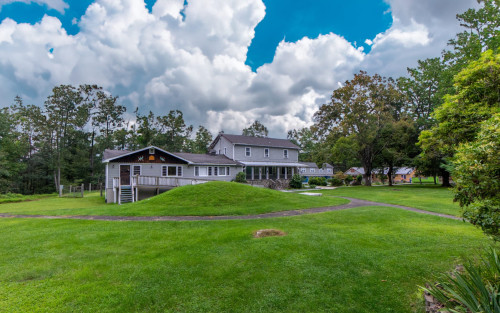
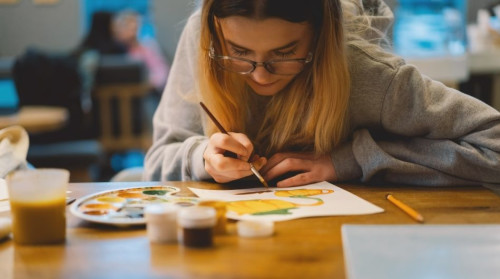

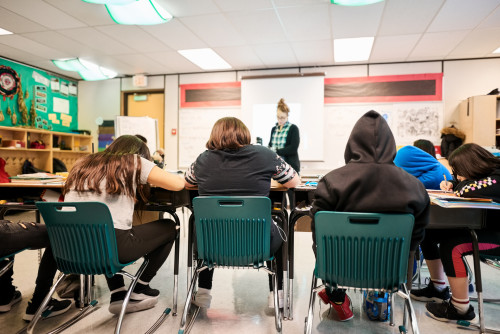
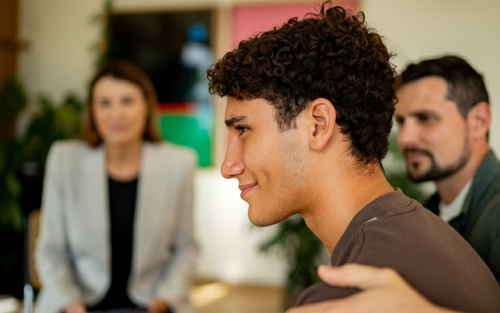




Never Alone - Adolescent Addiction Treatment Center
Verified Center
This provider's information has been quality-checked by Recovery.com's Research Team for accuracy and completeness, including center verification through appropriate third-party organizations.
Treatment Focus
This center treats substance use disorders and co-occurring mental health conditions. Your treatment plan addresses each condition at once with personalized, compassionate care for comprehensive healing.
Primary Level of Care
Offering intensive care with 24/7 monitoring, residential treatment is typically 30 days and can cover multiple levels of care. Length can range from 14 to 90 days typically.
Treatment Focus
This center treats substance use disorders and co-occurring mental health conditions. Your treatment plan addresses each condition at once with personalized, compassionate care for comprehensive healing.
Primary Level of Care
Offering intensive care with 24/7 monitoring, residential treatment is typically 30 days and can cover multiple levels of care. Length can range from 14 to 90 days typically.
Provider's Policy
Never Alone accepts many major private insurance carriers.
Never Alone - Adolescent Addiction Treatment Center
Never Alone - Adolescent Addiction Treatment Center
About Never Alone - Adolescent Addiction Treatment Center
Never Alone is a residential treatment center in the Hudson Valley specializing in adolescent alcohol and substance addiction. They offer an extensive array of scientifically-backed treatment options designed to cater to the unique needs of adolescents. Each teen benefits from treatment tailored to their physical, emotional, and mental wellness. From initial therapy sessions to follow-up care plans, they provide 24-hour care and guidance that allows teens to attain recovery. Parents receive phone calls once a week about their child’s progress.
Gain Powerful Tools for Healing & Personal Growth
Never Alone’s holistic approach sees teenagers as whole beings, considering their physical, emotional, mental, and spiritual aspects. They incorporate various therapeutic modalities into their programs including individual counseling, group therapy, family therapy, educational workshops, recreational activities, and more. Activity, art, and music therapies offer teens alternative ways to communicate and express themselves beyond traditional talk therapy.
Treat the Underlying Issues of Addiction
Never Alone’s program goes beyond addiction recovery, recognizing the significance of addressing underlying issues such as trauma, mental health disorders, or family dynamics. Through individual and family therapy sessions, they treat the root causes of addiction rather than just its symptoms. This empowers teens to develop healthy coping mechanisms and build a solid foundation for a brighter future.
Thrive in a Structured, Nurturing Environment
Never Alone’s offers a secure and comforting space where young people can recover and flourish. The homelike center is tucked away in a forested landscape near the Catskills with plenty of possibilities for outdoor activities. Clients share a room with one roommate of the same sex, and there are separate residential buildings for boys and girls. Clients can expect three delicious and nutritious meals a day prepared by a chef. The daily schedule includes schooling, therapy, life skills, art therapy, individualized treatment, and plenty of time for structured recreational activities.
Highlights from the Center
Highlights
These highlights are provided by and paid for by the center.
Therapeutic Location
Holistic Approach
Certified Professionals
Adolescents
Center Overview
Treatment Focus
This center treats substance use disorders and co-occurring mental health conditions. Your treatment plan addresses each condition at once with personalized, compassionate care for comprehensive healing.
Joint Commission Accredited
The Joint Commission accreditation is a voluntary, objective process that evaluates and accredits healthcare organizations (like treatment centers) based on performance standards designed to improve quality and safety for patients. To be accredited means the treatment center has been found to meet the Commission's standards for quality and safety in patient care.

Never Alone - Adolescent Addiction Treatment Center
Insurance Accepted
Cash Pay Rates
Estimated Cash Pay Rate
Center pricing can vary based on program and length of stay. Contact the center for more information. Recovery.com strives for price transparency so you can make an informed decision.

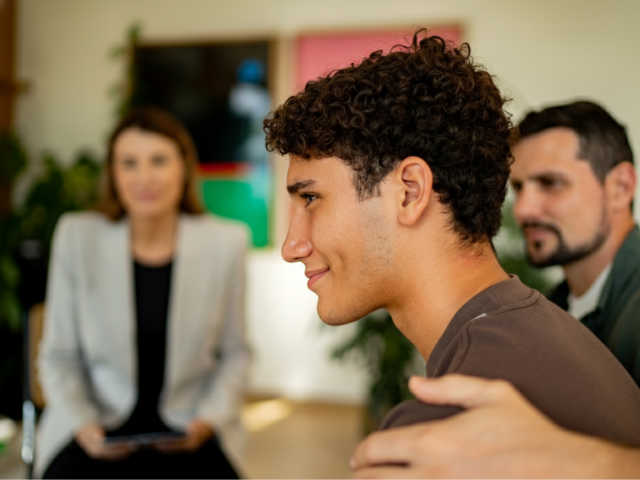


Recovery.com Verified Listing
Recovery.com verified that the name, location, contact information and license to operate for this treatment provider are valid and up-to-date.

Joint Commission Accredited
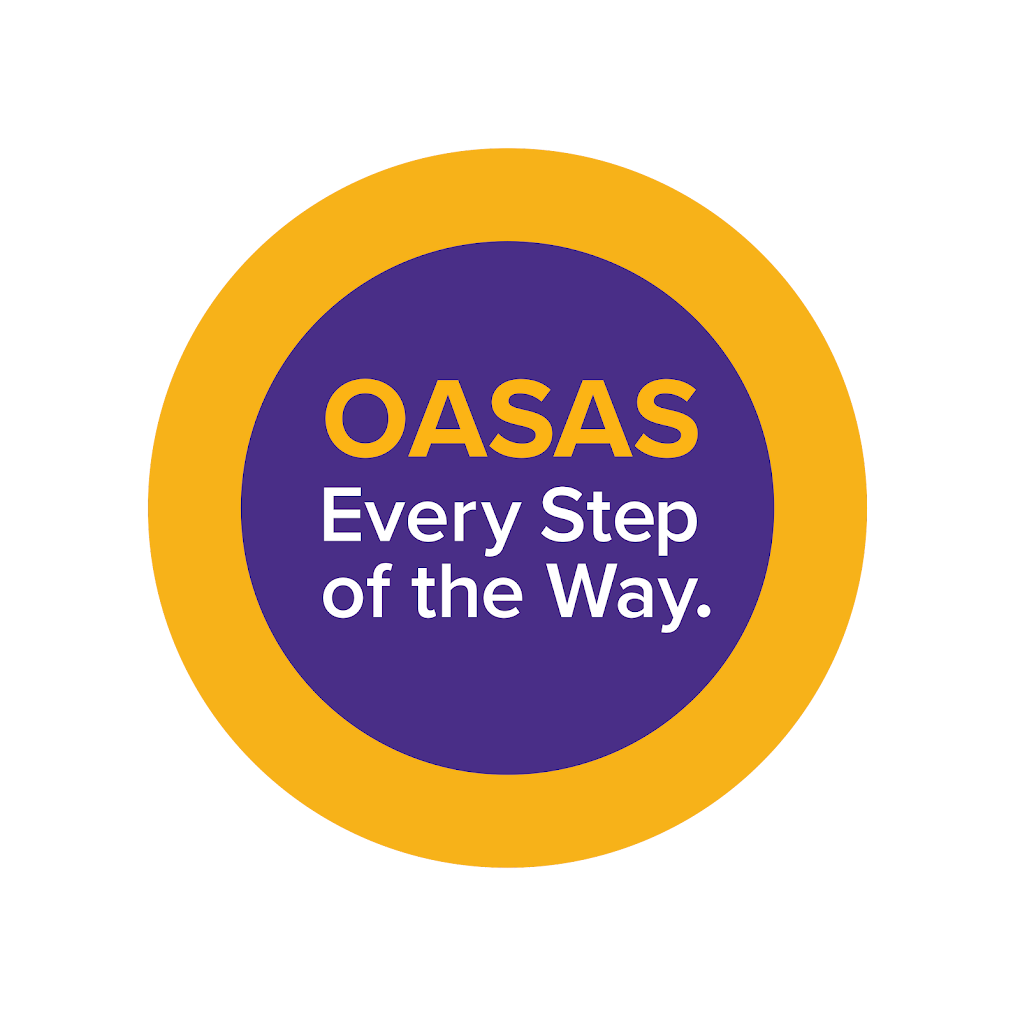
Licensed by New York State Office of Addiction Services and Supports
Recovery.com is an independent, third-party mental health resource. Verification does not imply endorsement and does not guarantee the quality of treatment services.
Meet Your Care Team

Dr. Riccardo Esposito
Medical Director
MD
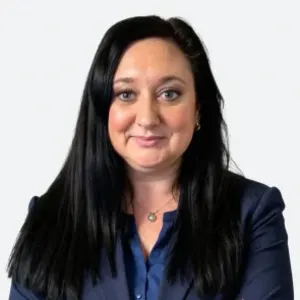
Mackenzie Anson
Clinical Director
LCSW-R
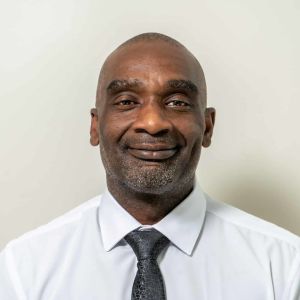
Roland Miley
Program Director
AADC, CASAC A
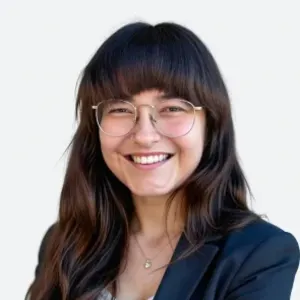
Sarah Stamberg
Therapist
LMSW
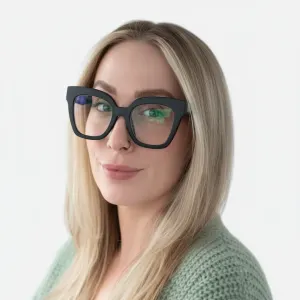
Karissa Thompson
Family Therapist
CASAC-T
Your Care Options
Specializations
Adolescents
Teens receive the treatment they need for mental health disorders and addiction, with the added support of educational and vocational services.
Alcohol
Using alcohol as a coping mechanism, or drinking excessively throughout the week, signals an alcohol use disorder.
Drug Addiction
Drug addiction is the excessive and repetitive use of substances, despite harmful consequences to a person's life, health, and relationships.
Family Therapy
Family therapy addresses group dynamics within a family system, with a focus on improving communication and interrupting unhealthy relationship patterns.
Residential
In a residential rehab program, patients live onsite, with access to daily treatment and 24-hour care. An average stay is 30-90 days.
Who We Treat
Adolescents
Teens receive the treatment they need for mental health disorders and addiction, with the added support of educational and vocational services.
Children
Treatment for children incorporates the psychiatric care they need and education, often led by on-site teachers to keep children on track with school.
Treatment Services
Residential
In a residential rehab program, patients live onsite, with access to daily treatment and 24-hour care. An average stay is 30-90 days.
Approaches
Evidence-Based
A combination of scientifically rooted therapies and treatments make up evidence-based care, defined by their measured and proven results.
Family Involvement
Providers involve family in the treatment of their loved one through family therapy, visits, or both–because addiction is a family disease.
Individual Treatment
Individual care meets the needs of each patient, using personalized treatment to provide them the most relevant care and greatest chance of success.
Therapies
1-on-1 Counseling
Patient and therapist meet 1-on-1 to work through difficult emotions and behavioral challenges in a personal, private setting.
Art Therapy
Visual art invites patients to examine the emotions within their work, focusing on the process of creativity and its gentle therapeutic power.
Experiential Therapy
With this approach, patients heal by doing. Therapists help patients process difficult emotions to speak, using guided activities like art or dance.
Family Therapy
Family therapy addresses group dynamics within a family system, with a focus on improving communication and interrupting unhealthy relationship patterns.
Motivational Interviewing
Based on the idea that motivation to change comes from within, providers use a conversational framework to discover personalized methods for change.
Music Therapy
Singing, performing, and even listening to music can be therapeutic. Music therapy sessions are facilitated by certified counselors.
Nutrition Counseling
Nutritious food helps patients heal from within, setting them up for mental and bodily wellness as they learn about healthy eating.
Recreation Therapy
In recreation therapy, recovery can be joyful. Patients practice social skills and work through emotional triggers by engaging in fun activities.
Substances We Treat
Alcohol
Using alcohol as a coping mechanism, or drinking excessively throughout the week, signals an alcohol use disorder.
Benzodiazepines
Benzodiazepines are prescribed to treat anxiety and sleep issues. They are highly habit forming, and their abuse can cause mood changes and poor judgement.
Co-Occurring Disorders
A person with multiple mental health diagnoses, such as addiction and depression, has co-occurring disorders also called dual diagnosis.
Cocaine
Cocaine is a stimulant with euphoric effects. Agitation, muscle ticks, psychosis, and heart issues are common symptoms of cocaine abuse.
Drug Addiction
Drug addiction is the excessive and repetitive use of substances, despite harmful consequences to a person's life, health, and relationships.
Ecstasy
Ecstasy is a stimulant that causes intense euphoria and heightened awareness. Abuse of this drug can trigger depression, insomnia, and memory problems.
Heroin
Heroin is a highly addictive and illegal opioid. It can cause insomnia, collapsed veins, heart issues, and additional mental health issues.
Psychedelics
Hallucinogenic drugs—like LSD—cause euphoria and increased sensory experiences. When abused, they can lead to depression and psychosis.
Languages
Care Designed for Your Needs
Personal Amenities
Amenities
Activities
Off-Site Activities
Smoking and Vaping Policy
Learn More About the Center
Residential Treatment for Teens with Addiction and Mental Health Needs
Teens don’t just use substances for fun. Often, it’s a way to cope with anxiety, trauma, or feeling disconnected. Residential treatment gives them a chance to reset in a safe, structured setting.
Healing Together: Family Therapy That Supports Lasting Recovery
When a teenager is caught in the grip of alcohol and drug addiction, the whole family feels the impact. The associated stress, worry, and confusion can overwhelm everyone involved. In such trying circumstances, family therapy steps in as a powerful ally.
Understanding Teen Drug Abuse: Causes, Effects, and Recovery Solutions
Learn how to provide support, education, and open communication to help teens make healthier choices.
24/7 Helpline: You Don’t Have to Do This Alone Anymore
You don’t need to have it all figured out. You don’t need to wait for a crisis. And you don’t need to feel guilty for needing help.
What people are saying
Treatment
5.0
Accommodations
5.0
Food & Nutrition
4.7
Value
4.8
Shantel
Reviewed 11/01/23
Review from Rehabs.com
Cboggs
Reviewed 01/27/23
Review from Rehabs.com
Francesca
Reviewed 07/11/16
Review from Rehabs.com





